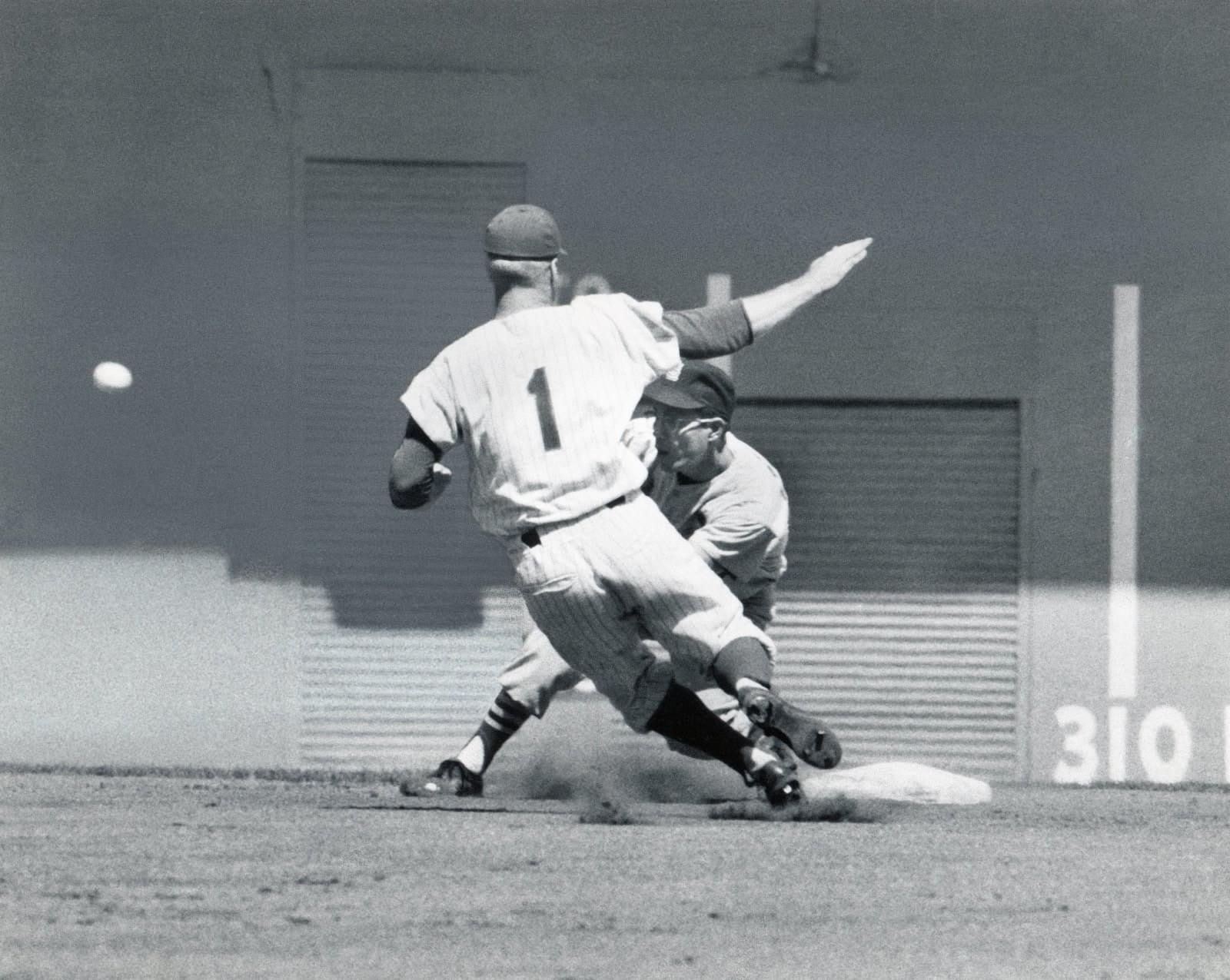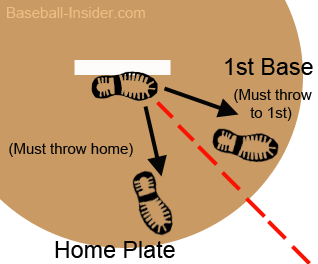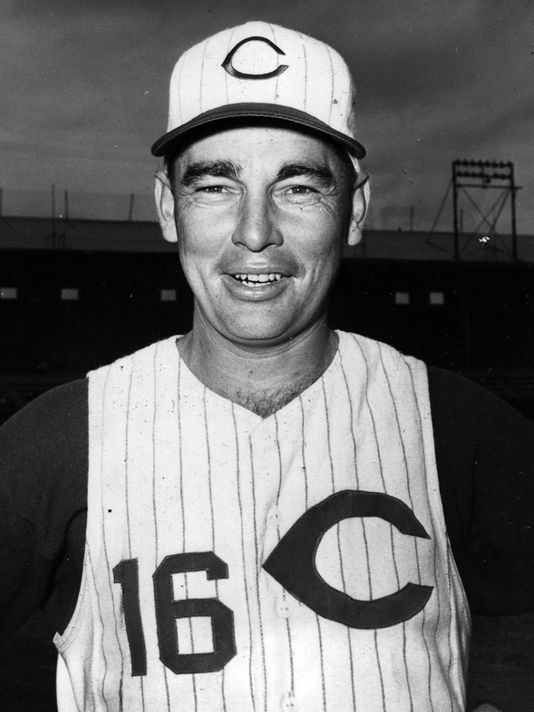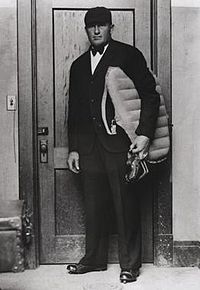Major League Baseball’s Rules Committee adopts a series of changes designed to increase offense
Major League Baseball’s Rules Committee adopts a series of changes designed
Major League Baseball’s Rules Committee adopts a series of changes designed
In the event of a tie at the end of the season, National League president Warren Giles flips a coin to determine the different possible playoff pairings, which includes six possibilities – two with two teams, three with three teams, and one with four teams. Reds’ president and general manager Bill DeWitt wins the first toss and chooses to play the Cardinals at home if Cincinnati prevails.
On January 26, 1963, Major League Baseball’s Rules Committee increases the size of the strike zone. The zone will stretch from the top of the batter’s shoulders to the bottom of the knees. The committee hopes the return to the 1950s strike zone will result in a decrease in runs scored. The results will…

Despite giving up a hit in the bottom of the sixth in the Giants’ 3-0 victory over Philadelphia, Mike McCormick is credited with a no-hitter when the game is rained out, and the inning is never completed, statistically erasing the hit. Due to a rule change in 1991 that mandates a game must last for at least nine innings for the hitless effort to be called an official no-hitter, the right-hander’s five-inning rain-shortened outing no longer appears in the record book as a no-no.

On May 27, 1959, National League President Warren Giles rules that the final score of the near perfect game thrown by the Pittsburgh Pirates’ Harvey Haddix should be 1-0, and not 3-0. Giles says that when Joe Adcock passed Hank Aaron on the bases after hitting a home run, both runners should have been called…

With a new balk rule, an option now includes keeping the ball in play after the call is made. If a player gets a hit, a team can accept the outcome of the pitch, instead of being only limited to the advance of the baserunner(s).

On April 25, 1957, the major leagues adopt a new rule that prohibits baserunners from interfering with batted balls in the field of play. The rule is adopted in reaction to recent actions by several Cincinnati Reds baserunners. Earlier in the week, Don Hoak and Johnny Temple had intentionally interfered with batted balls as a way of preventing double plays.

On April 21, 1957, Don Hoak of the Cincinnati Red Legs unwittingly brings about a change in the rules. Leading off second base, Hoak intentionally interferes with an apparent double play grounder. Hoak is called out, but the batter is safe. A new rule will result: if a runner willfully interferes with a batted ball, both the runner and the batter will be called out.

On April 20 1957 – Cincinnati Reds secondbaseman Johnny Temple in a game against the Braves allows a groundball by Gus Bell hit him to prevent a double play. The next day the Reds pulled off the same play. A new rule will come into play immediately calling for runners interference and umpires can award a double play if a batter intentionally interfers with a ball.

Jake Jones of the Red Sox hits a foul ball along the third base line in the 6th. Browns P Fred Sanford throws his glove at the ball to prevent it from rolling into fair territory. Umpire Cal Hubbard awards Jones a triple on the basis of the rule about intentionally thrown gloves. In 1954 the rule is changed so that it only applies to fair balls.

Enjoy our free trial and start listening to games, interviews and shows! Ruth, Mantle, Aaron, and Seaver!